Unmarked graves discovered at former Catholic boarding school
A First Nations group in Saskatchewan has revealed that the remains of hundreds of people, mostly children, were discovered at the site of a former Catholic boarding school in the province.
Irrefutable evidence of horrific abuse of generations of indigenous people in Canada is, once again, under the spotlight.
Local indigenous leaders want an inquiry into what they call genocide. The First Nations group said that the church that ran the residential school had removed the headstones.
The tragic news came just weeks after the discovery of the remains of over 200 indigenous children at another Roman Catholic Church run boarding school rattled the country.
Assimilation or annihilation
The latest finds have reopened old wounds in Canada regarding the notorious residential schools, mostly operated by the Roman Catholic Church for the Government of Canada during the 19th and 20th centuries.
In all 130 boarding schools forcibly separated more than 150,000 indigenous children from their families.
The program was aimed at assimilating indigenous youth, but the school subjected them to malnutrition and physical as well as sexual abuse.
An estimated 6000 1st nation children died while attending these schools. Under mounting pressure, the Canadian government formally apologized for the system in 2008.
The Holy See refuses to see
However, despite growing calls the Pope and the Roman Catholic Church have refused to apologize.
They're abrogating the responsibility ...by admitting their crimes they are admitting that they are not following their own teachings. The crimes that they committed are so horrific and children were beaten for simply speaking their own languages.
Henry Evans-Tenbrinke, Human Rights Activist
Canadian Prime Minister Justin Trudeau said on Thursday that he was terribly saddened by the new discovery.
He said the trauma that indigenous people feel is Canada's responsibility to bear, but has Ottawa really learned a lesson, and is it serious about alleviating the plight of the First Nations?
Canada is ranked among the world's seven largest advanced economies.
The modern country with one of the highest GDP in the world has long been a popular destination for millions of immigrants from across the globe, seeking jobs, and a better life.
While Canada may sound like a dream world to many, it is far from a utopia for its own indigenous population.
Canada's 1.7 million indigenous citizens, nearly 5% of the population, mostly live in isolated communities where poverty, high unemployment and high risk of suicide are chronic problems.
There are psychological problems that have been passed down from generation to generation. Fathers who were in the generation in the residential schools and mothers (who) suffered severe psychological problems because of the treatment they received and that's just been passed down from generation to generation. And it's going to take years to correct that.
Henry Evans-Tenbrinke, Human Rights Activist
They have long complained that they are not getting a fair share of the income from resources on their ancestral lands.
Meanwhile aboriginal women have been subjected to deadly violence for many years.
A national public inquiry concluded a few years ago that about 1200 aboriginal women have been murdered or gone missing in Canada since 1980 with activists putting the number much higher.
Human rights groups have repeatedly raised the alarm about the situation of Canada's indigenous population.
Canada says it is ashamed of the systemic racism, discrimination and injustice that Indigenous peoples have faced.
In 2017 the Canadian government acknowledged the humiliation, neglect and abuse of the First Nations and pledged to improve their lives.
But first nations are still struggling with a long list of problems, and are fighting an uphill battle for their rights.
VIDEO | Press TV's news headlines
Palestinian factions denounce US for offering ‘consular services’ inside West Bank settlement
Iran, Oman FMs meet ahead of third round of indirect nuclear talks with US
VIDEO | UN commemorates Mother Language Day with celebrations
VIDEO | Pakistan, Afghan Taliban trade accusations after border clash
VIDEO | Venezuela races against time to rebuild homes bombed by US
Ex-IAEA chief warns US of ‘horrific’ costs of war on Iran
India’s Modi visits occupied territories to deepen ties with Israel despite Gaza genocide


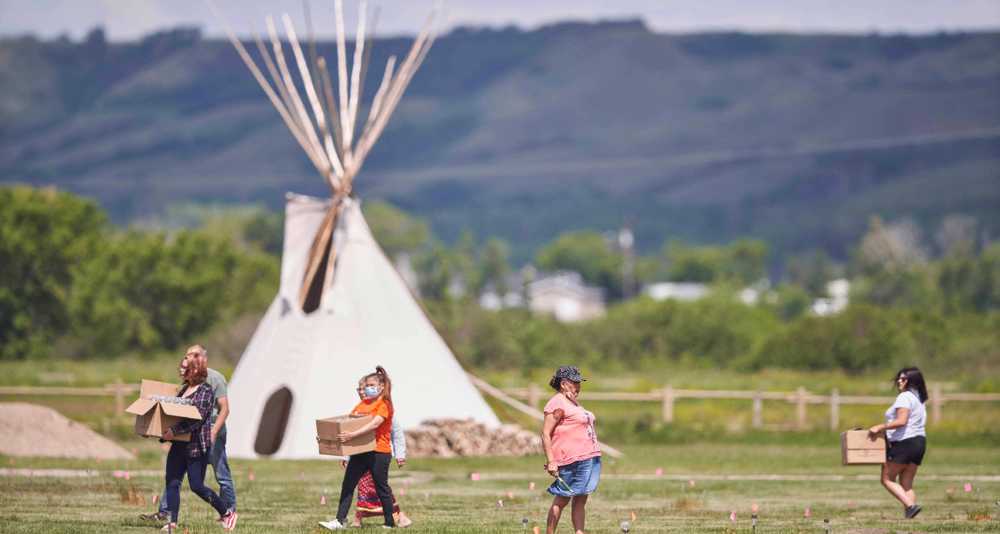

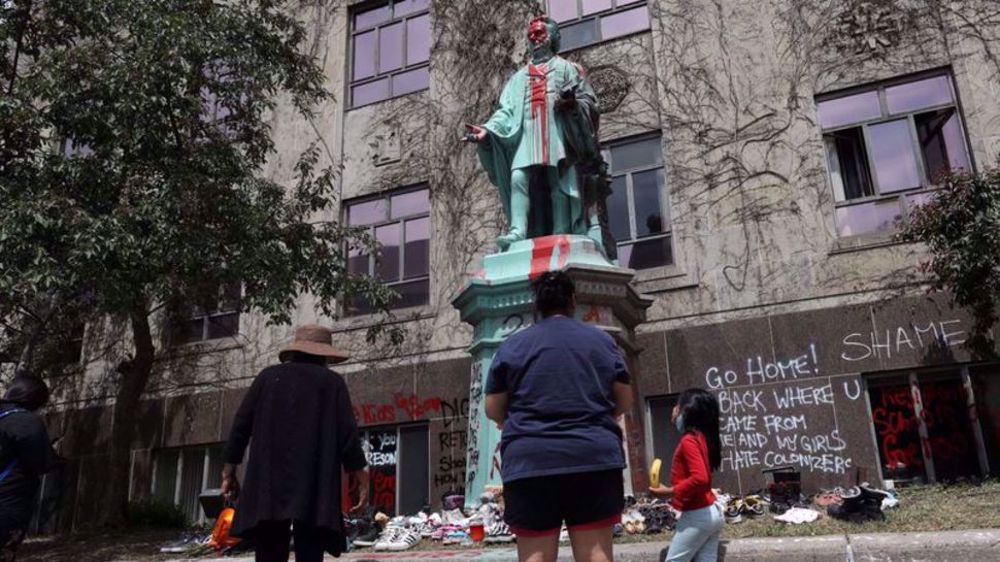
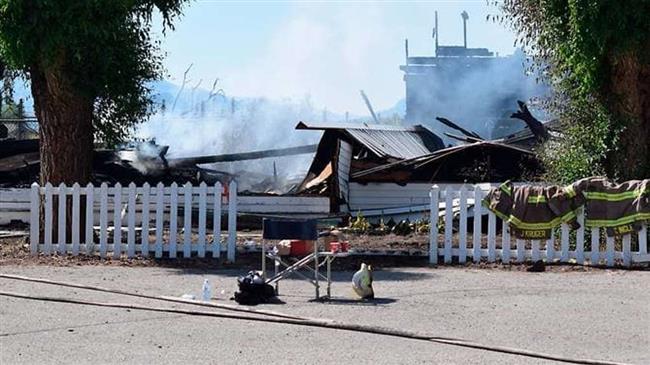
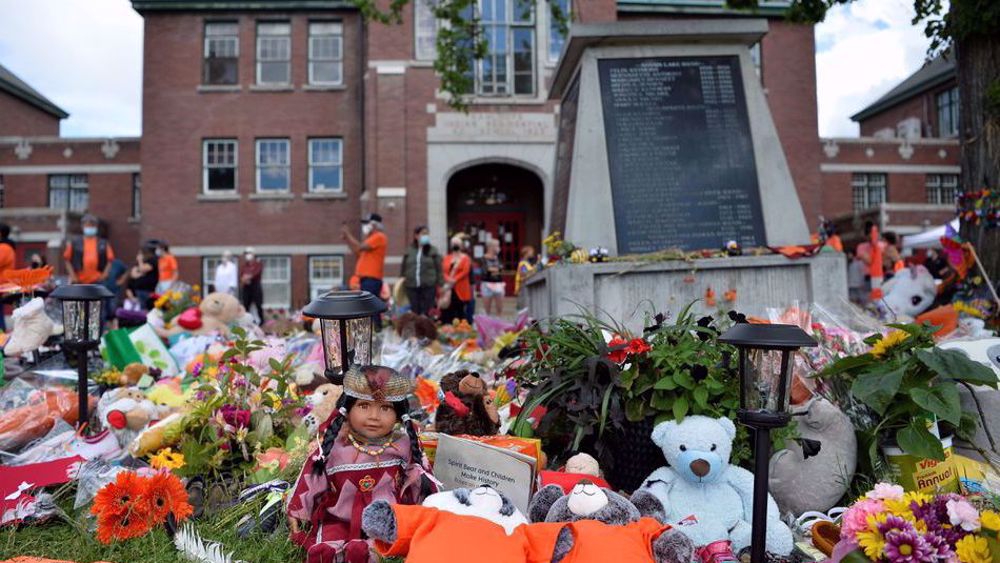
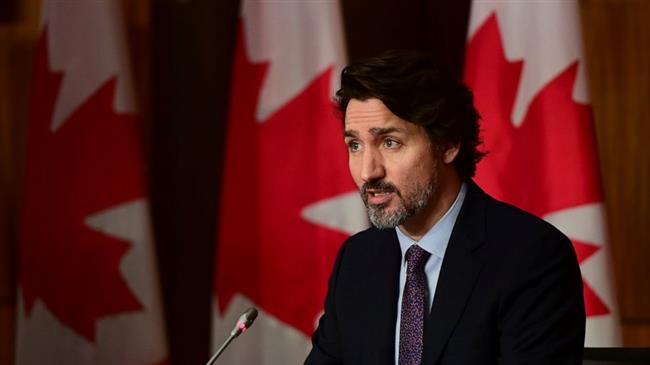
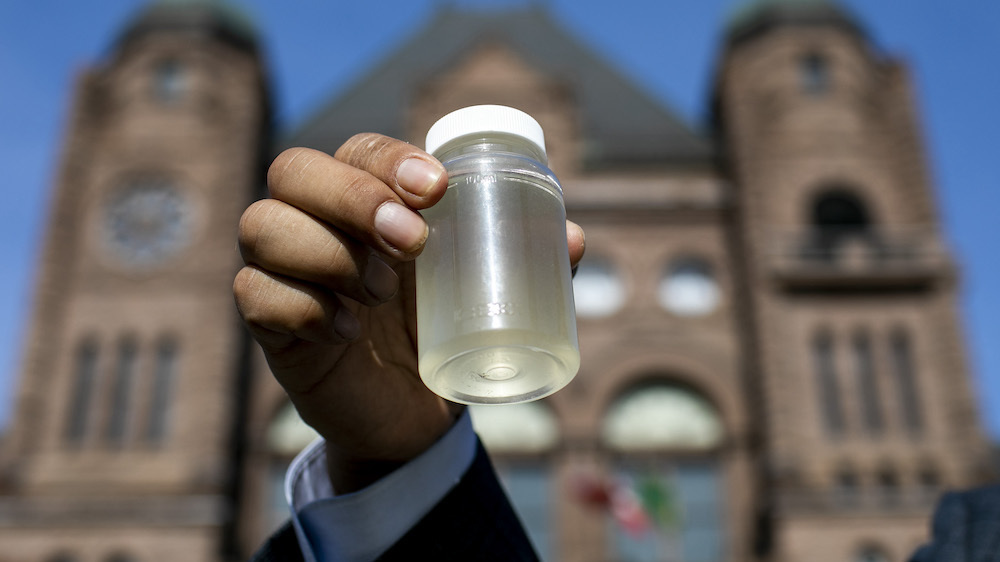
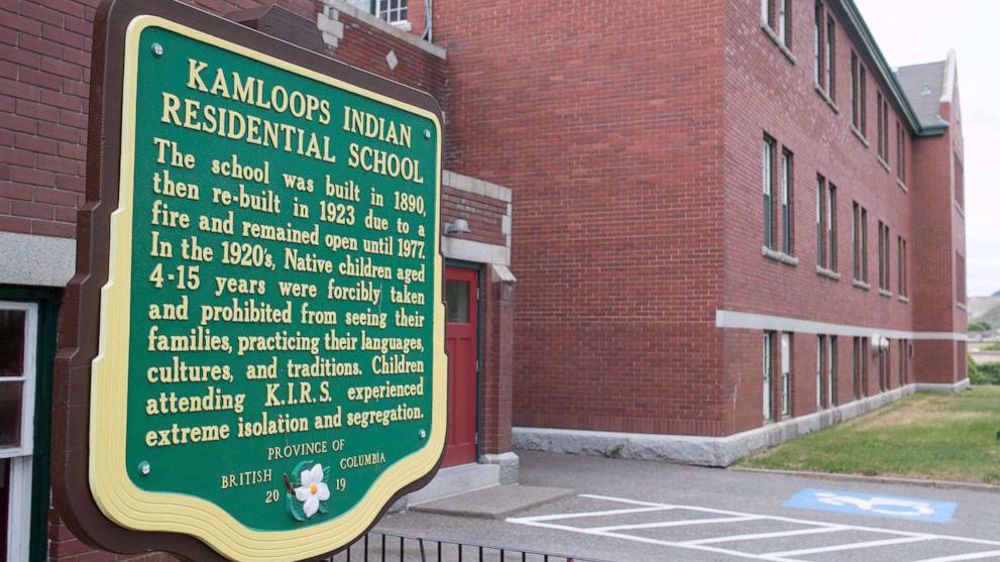
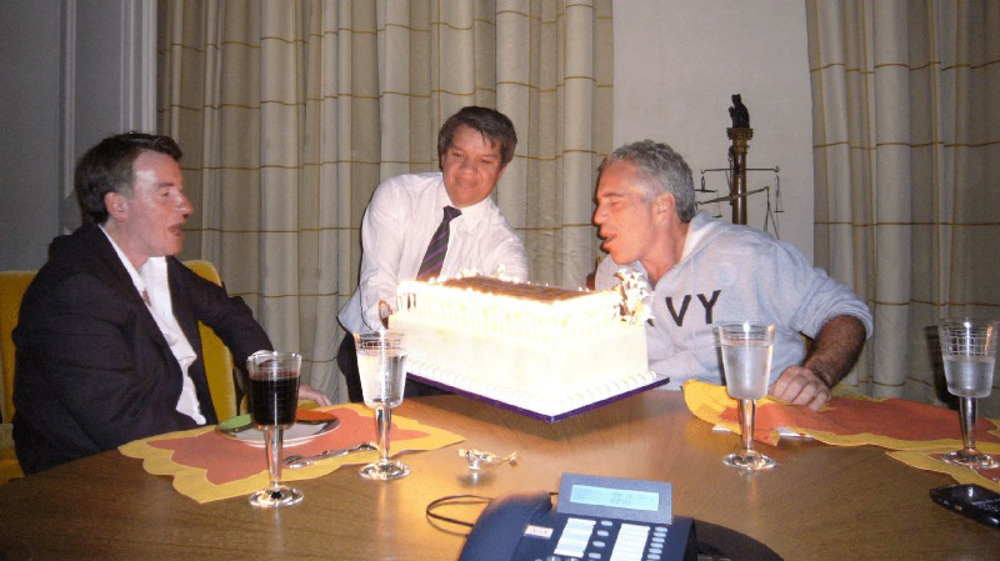
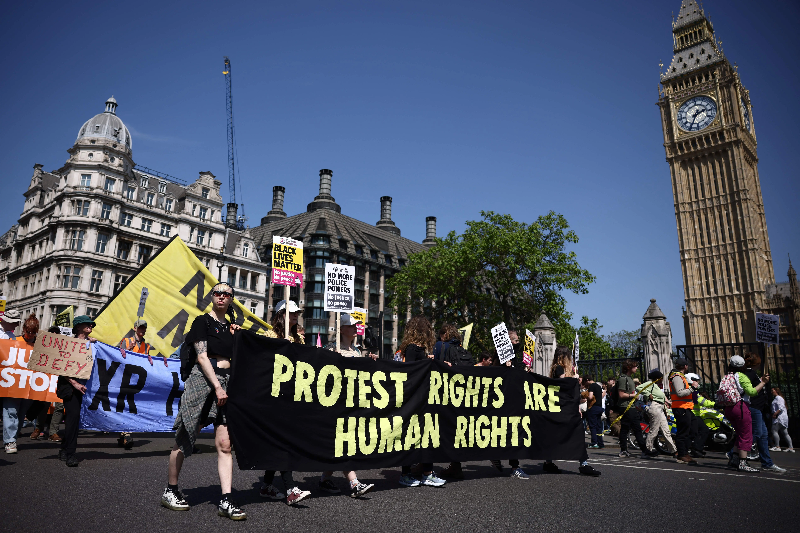
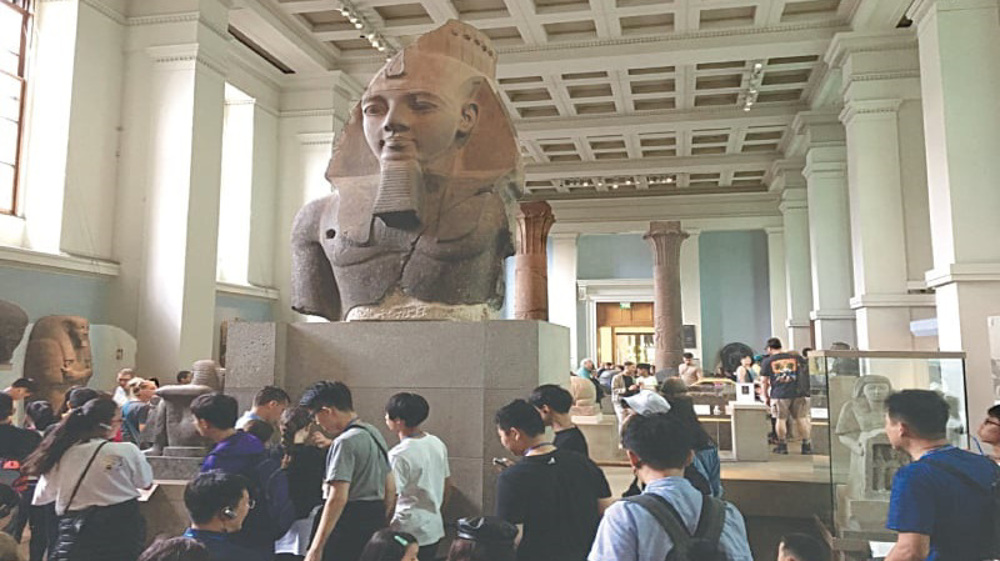



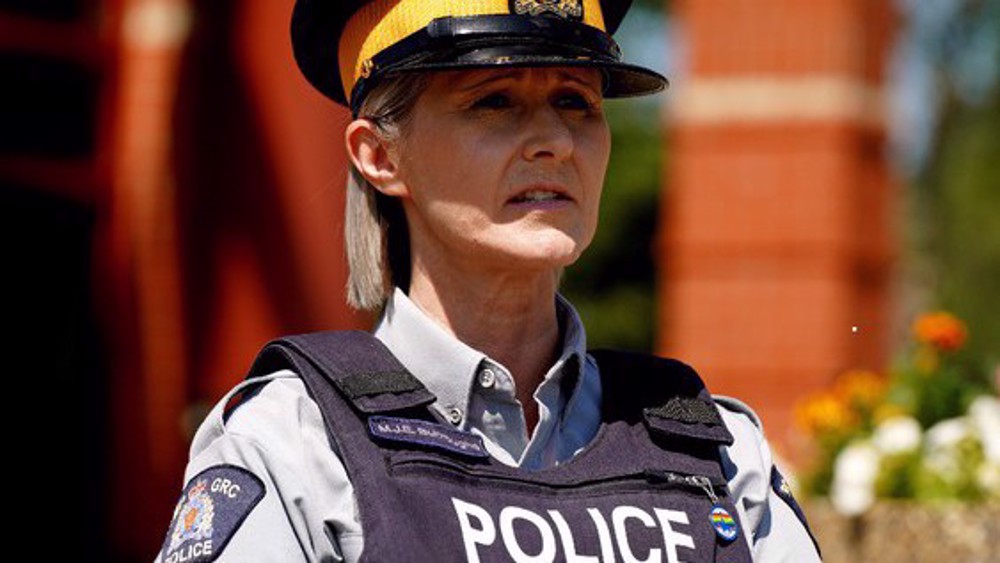
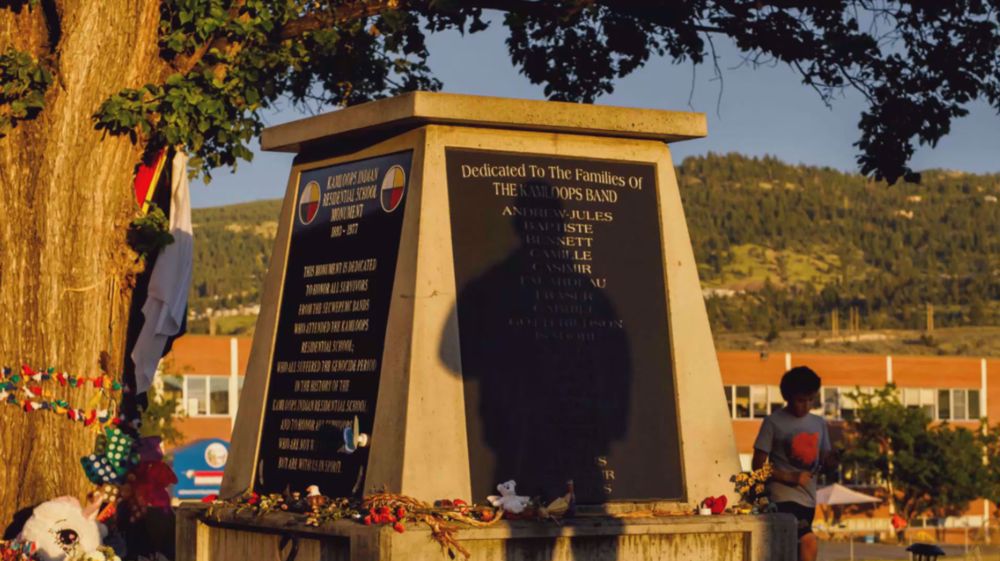
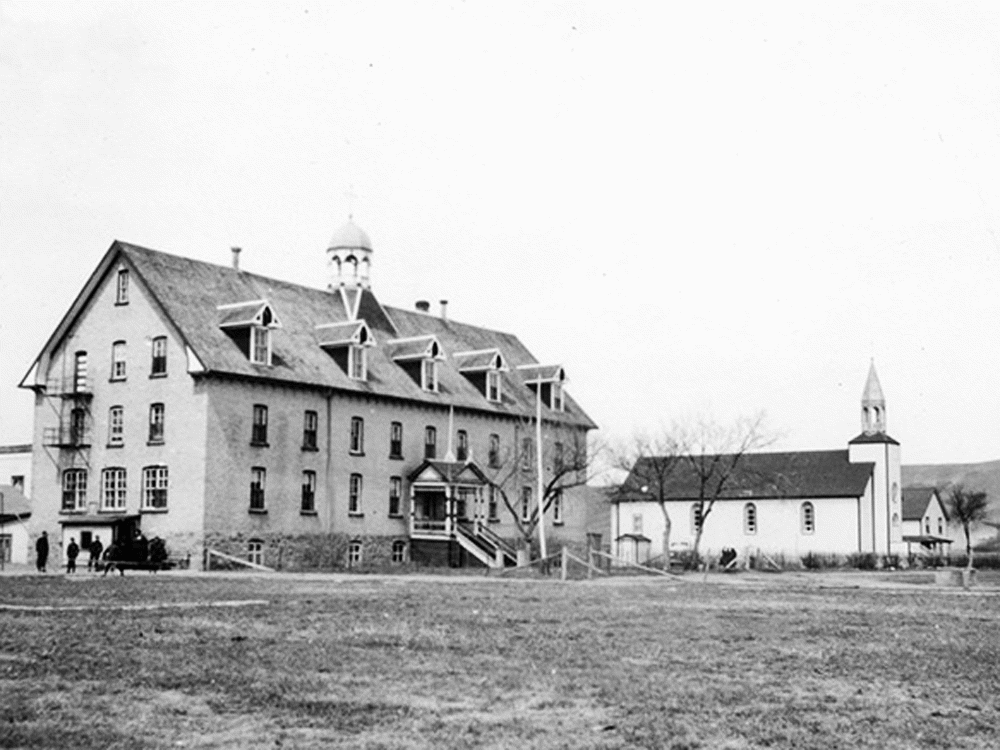

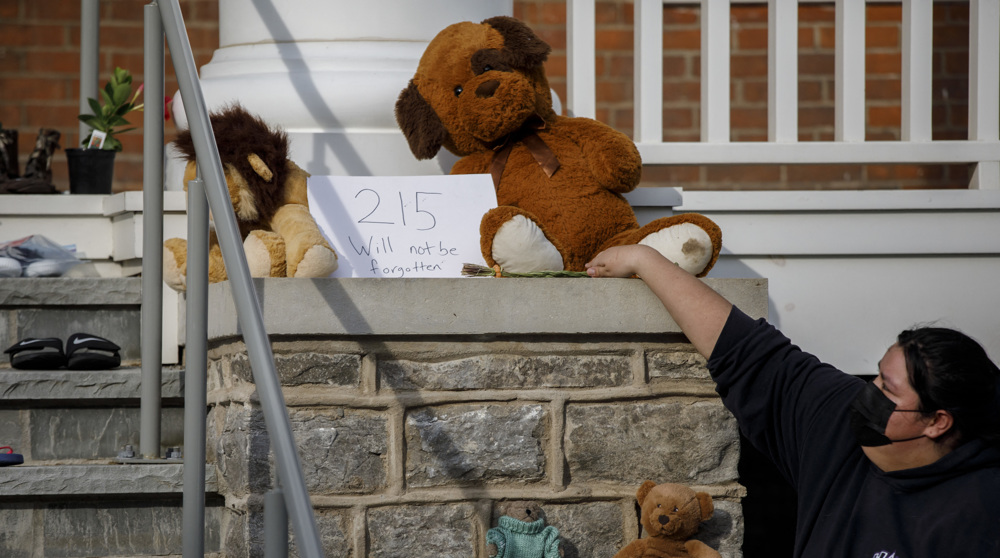

 This makes it easy to access the Press TV website
This makes it easy to access the Press TV website